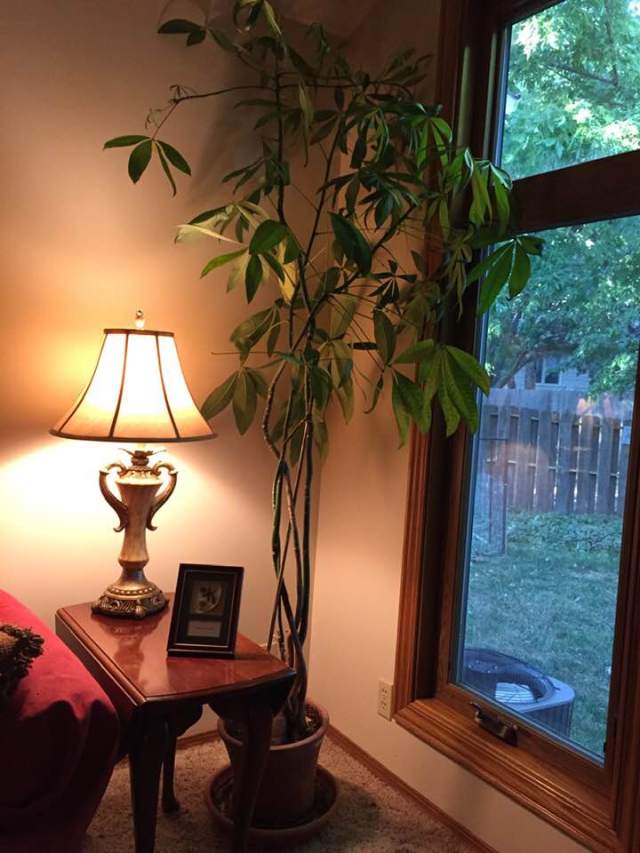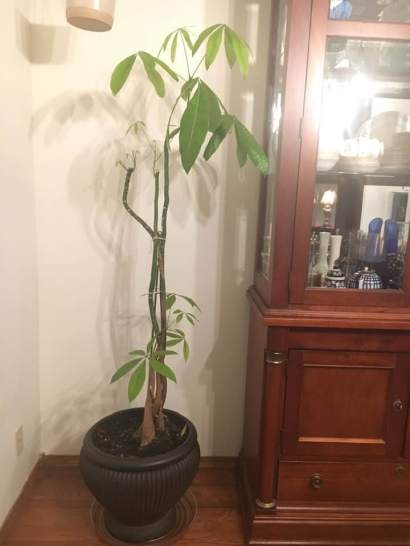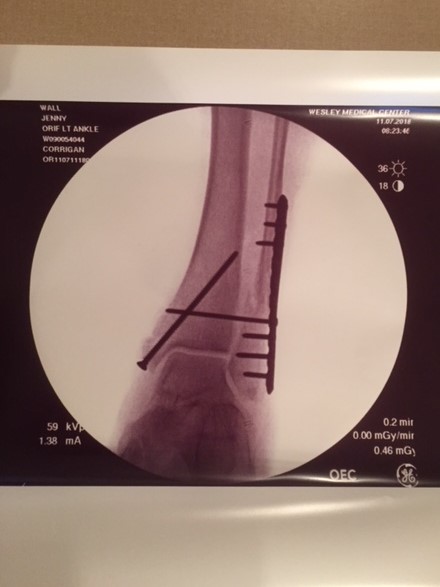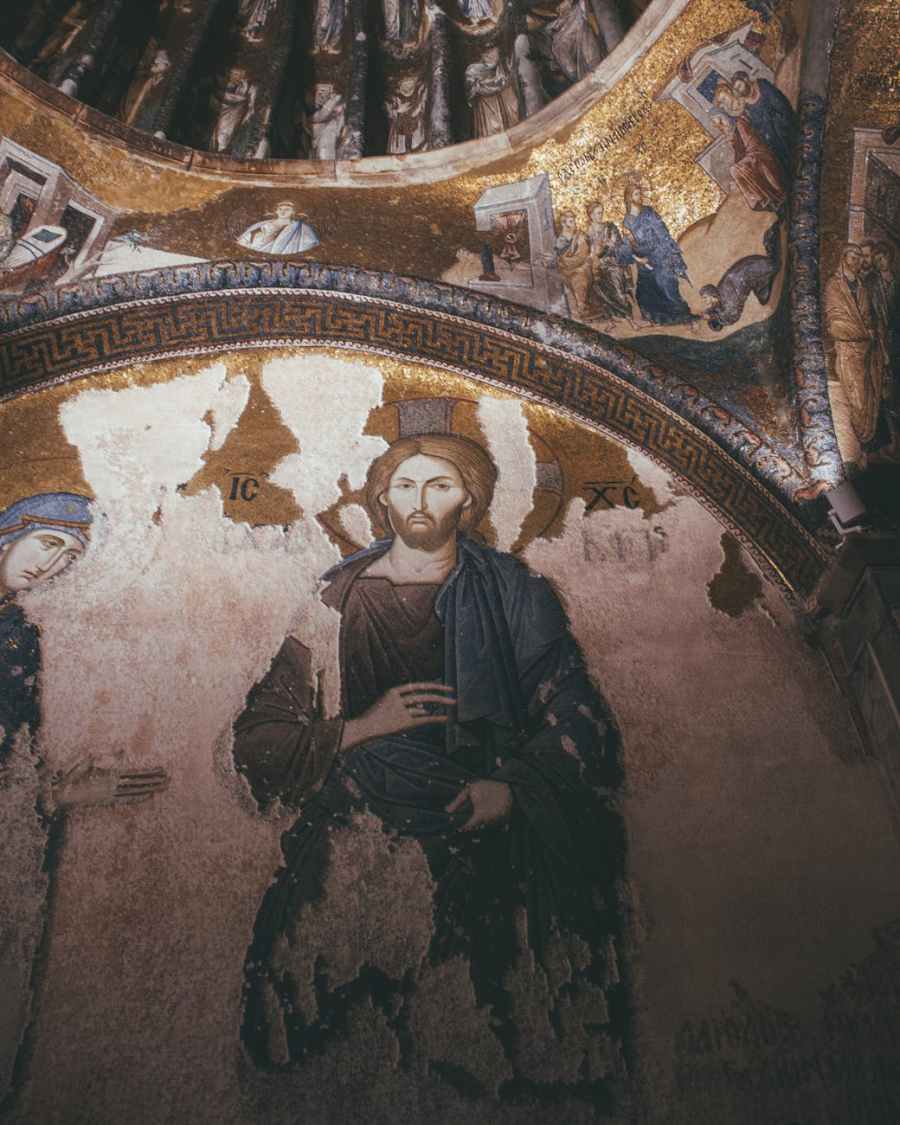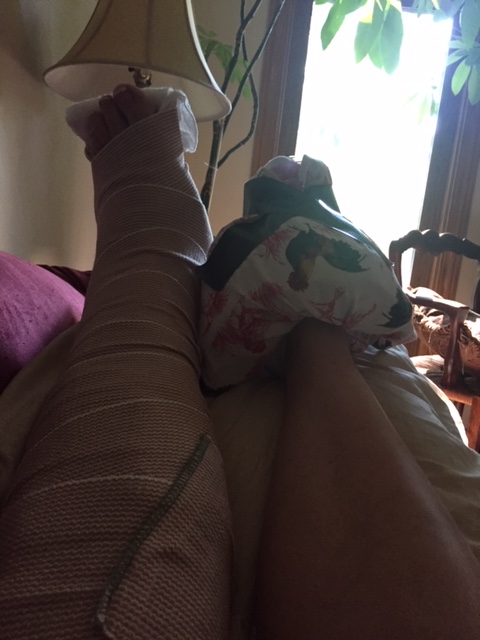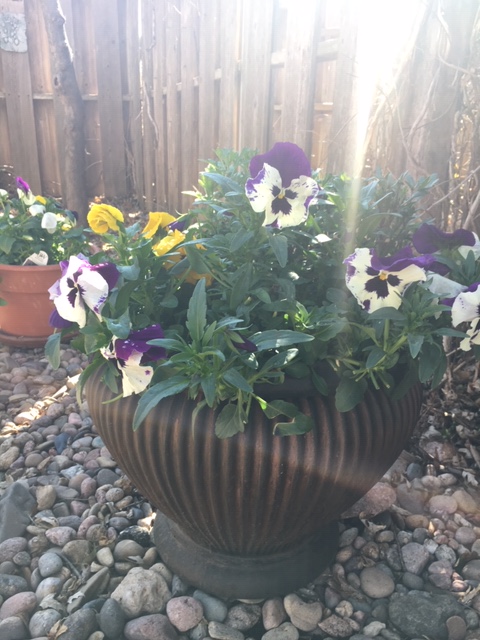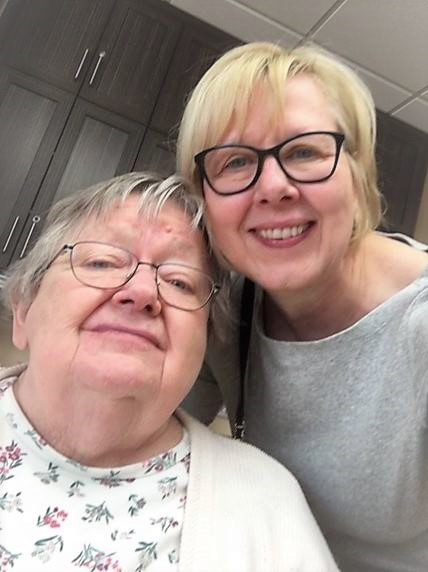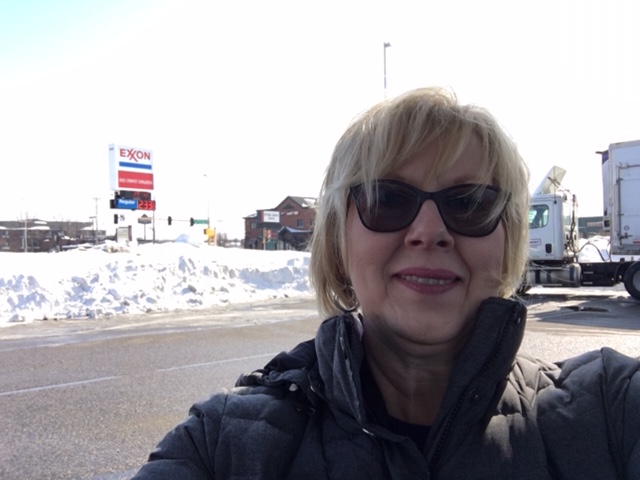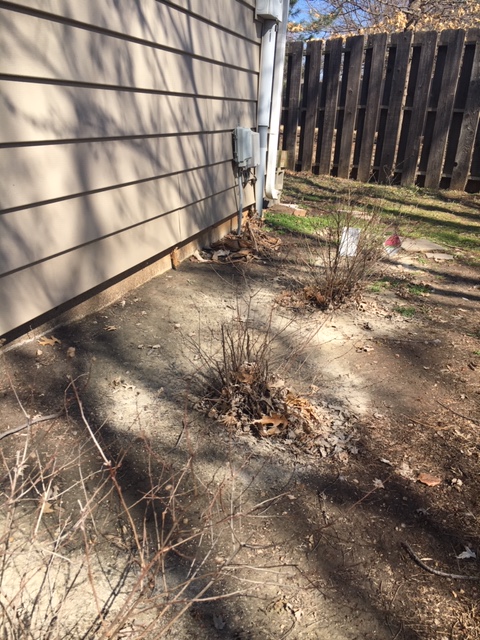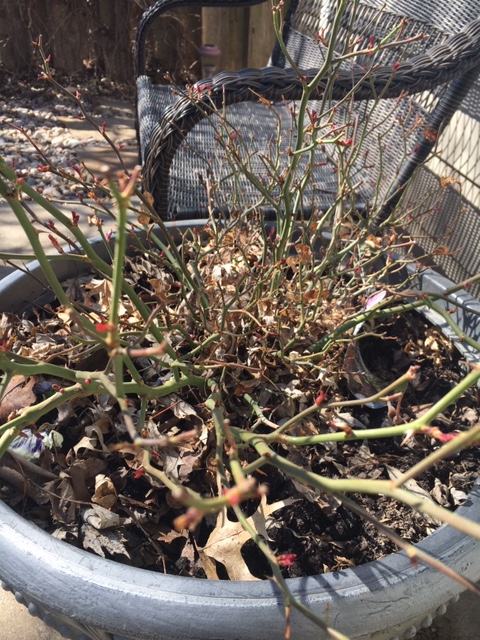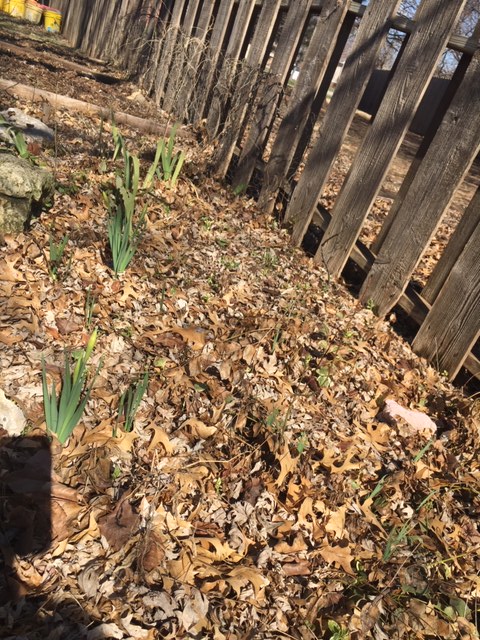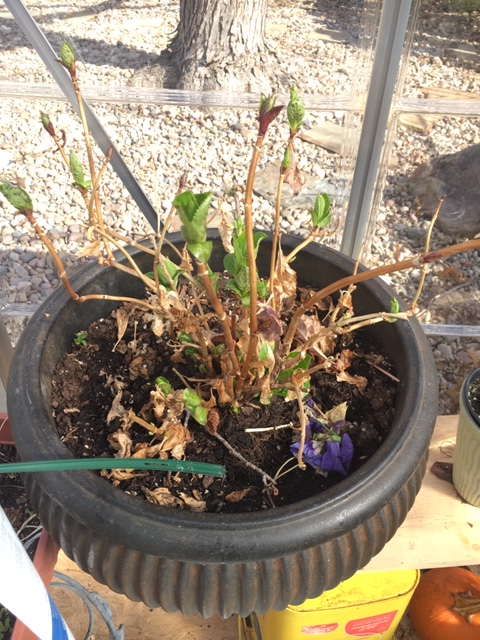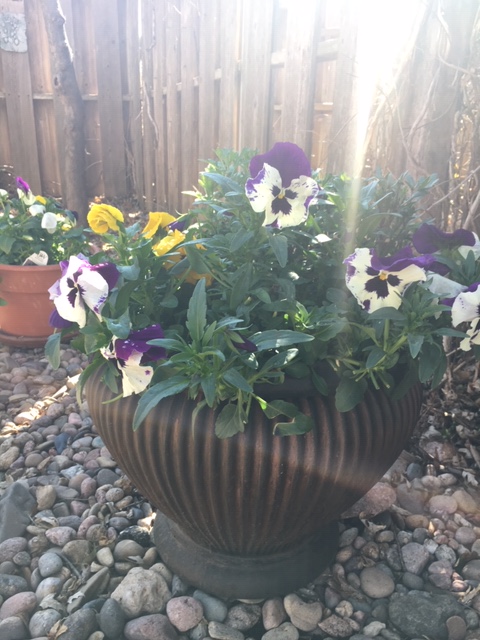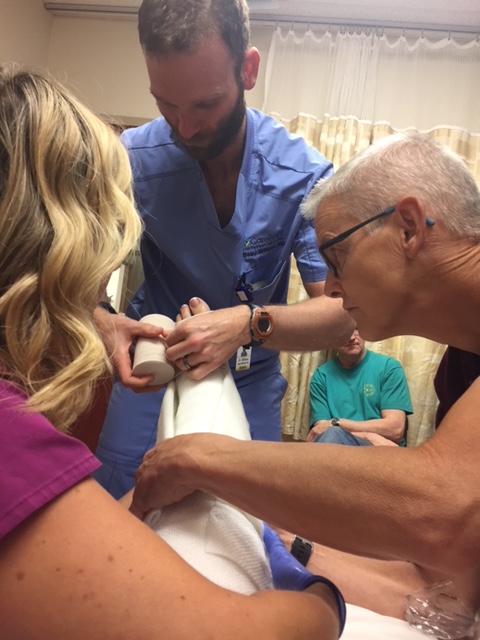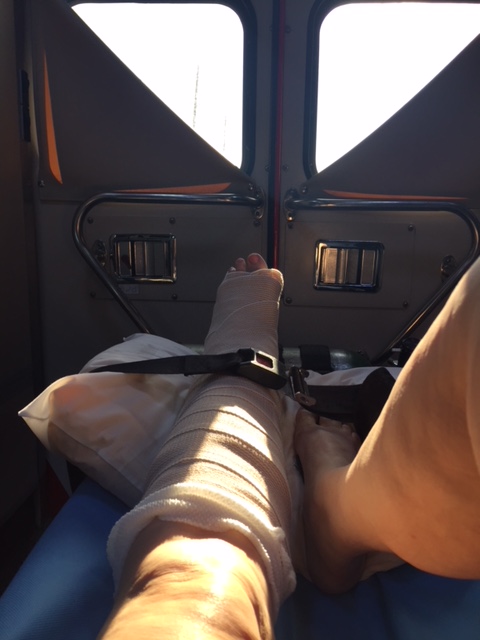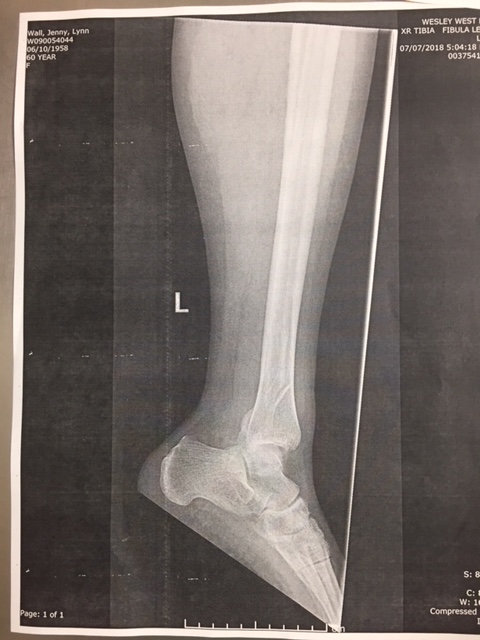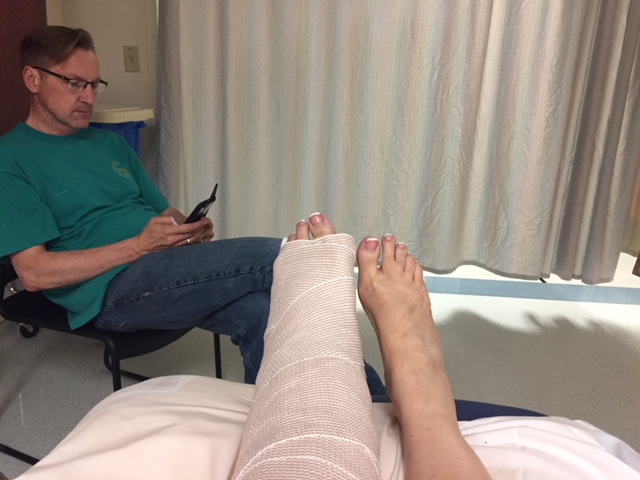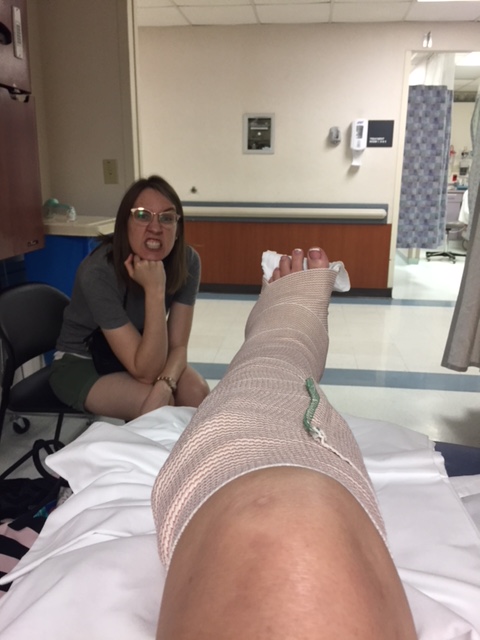Lament: Prayer for when our spiritual journey with God is at a wall.
Today, we, along with most of humanity, are experiencing the unprecedented in our lifetime world-wide pandemic of COVID-19. There is confusion, fear, anxiety, loss of many kinds, sickness, sorrow, death and grief all around. We, the people of God have questions. If we are honest, the big question is, “Where are you God, in all of this?”
What we as Christians are experiencing is described as “The Wall”; a stage in the life of faith described in the book “The Critical Journey”, by Janet O. Hagberg and Robert A. Guelich.
“The Wall” is often precipitated by a life or faith crisis that turns our world upside down and for the first time, our faith doesn’t seem to work. Our experience of life and our beliefs aren’t matching up. We have more questions than answers. Sometimes this stage is entered into gradually and at some point we realize that God seems far away and whatever we’ve been doing up to that point to connect with God isn’t working. Sometimes this experience happens suddenly. The experience of “The Wall” often leads to uncertainty about God, everything we thought we knew about the life of faith, shame, fear, and an urge to give up. It can be a dark and lonely time.
Historic Christian writer St. John of the Cross (1542-1592), a Catholic Christian monk who spent his life in the service of Catholic Reform, described this experience of God’s absence as “The Dark Night of the Soul”.
Contemporary writer Lee Beach, in his article “A Spirituality of Exile: Responding to God’s Absence”, describes the sense of God’s absence as feeling like being in a spiritual exile.
A few Biblical individuals who experienced a deep sense of loss and seeming absence of God’s presence are Job, Naomi, and the Israelites when in Babylonian exile.
What we see in the life of the Biblical examples mentioned, as well as from St. John of the Cross, is that these individuals responded to God in a variety of ways.
Job grieved, and lamented to his friends, who provided poor counsel. Eventually Job approached God with his questions. God listened (described through several chapters) and then responded to Job. (Book of Job)
Naomi and her family moved away from the land of Israel to care for their physical needs when famine struck God’s people in “the promised land.” After some years went by, which included many severe losses for Namoi, Naomi’s return to the land of Israel represents her return to God, even as she recognizes her bitterness (“Call me Mara”). Eventually she recognizes God’s care for her through Ruth and Boaz, and her joy is restored. (Book of Ruth)
The Israelites cried out to God in lament, mourning their losses, asking for God’s help many times throughout their journey out of Egypt, as well as when they were exiled from their country many years later. At times they even blamed God for turning against them and allowing them to be overcome and taken into captivity. While in captivity in Babylon, they kept calling out to God to save them. 70 years later, God restored their land to them. (Lamentations, Psalms 44, 74, 89, 89, 102, 106, 137).
Most of these suffering people moved towards God in a new way, bringing their questions, confusion and pain to God. While they felt abandoned by God, they didn’t give up on God. In fact, their lament shows their determination to speak with God about their situation, question God about God’s action or lack thereof in regards to their plight.
The language of lament as found in scripture, offers a paradigm for engaging with God in the midst of our experience of God’s seeming absence. This language of lament is one of struggle, doubt, frustration with God, and wrestling with where God is in the midst of painful experiences.
There are a couple of movements in the lament prayers of the Israelites as described by Beach that can help us as we approach God in our times of spiritual exile, Dark Night of the Soul, or Wall experience:
- An honest description of the problem.
- A request for God to act on our behalf and remedy the problem.
- Confession of Trust. Remembering what God has done in the past and confessing trust in God for the present.
- Vow of Praise. Praising God in anticipation of God’s new redemption action in the future.
Theological Reflection is at the heart of lament. When we sense God’s absence it can feel like an exilic experience. We no longer feel at home with God as our normal life experience has changed. We feel that we are “cast into a foreign land.”
Prayer and Reflection:
In times like these, I invite you to find a scripture of lament below to meditate on, perhaps daily, and then write your own prayers of lament as described above, following the example of Job, Naomi, the Israelites in exile, St. John of the Cross and countless Christians down through the ages, by continuing to call out to God. He is a God who is far away yet also very near. (Jeremiah 23:23)
Some scriptures of lament: Psalm 5-7, 10, 11 – 13, 17, 22, 28, 56, 60-64, 69-70, 74, 77, 90, 102, 120-121, 130, 140-143, Book of Lamentations
Photo credit: Charlotte Hedman, https://charhedman.wixsite.com/photography





